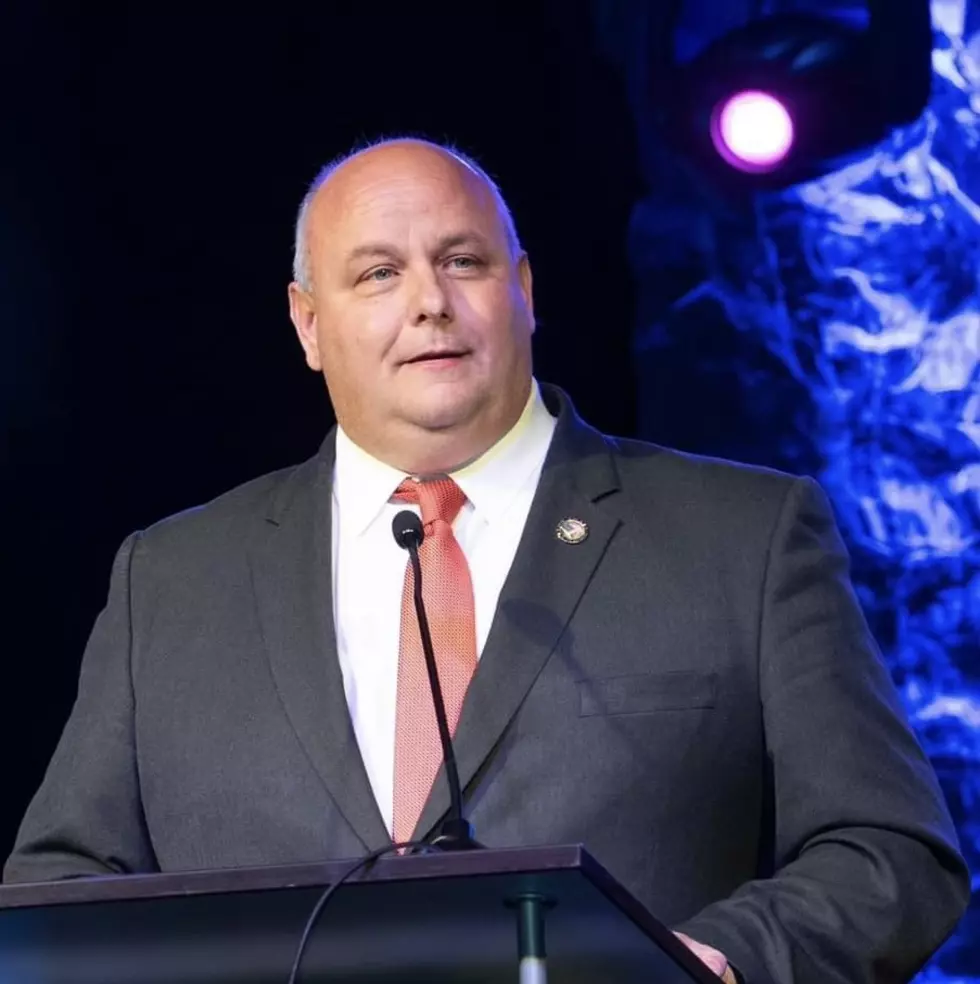
Should NJ Spend Millions to Translate Government Info into 15 Languages?
A proposal is moving forward to spend millions of tax dollars translating government information into the 15 most common non-English languages spoken in the Garden State.
The legislation, S2459, sponsored by state Sen. Teresa Ruiz, D-Essex, would require New Jersey to provide vital documents and translation services in the following languages:
- Arabic
- Gujarati
- Polish
- Urdu
- Cajun French
- Russian
- Haitian
- Tagalog
- Vietnamese
- Portuguese
- Italian
- Hindi
- Mandarin
- Cantonese
- Spanish
Helping immigrants
Amy Torres, the executive director of the New Jersey Alliance for Immigrant Justice, said many people who rely on state programs may struggle with English, and mandating this kind of language access would mean “there’s a uniform experience and a uniform expectation that when I speak with the state, I’m heard. I’m able to access those programs with confidence.”
Laura Bustamante, the policy and campaign manager for the New Jersey Alliance for Immigrant Justice, noted the diversity of the state.

“The number of immigrants in our communities continues to grow, and with that comes this beautiful diversity, and we should fight to be more fair and welcoming," she said.
Should we spend millions on this?
State Sen. Michael Testa, R-Cumberland, said he believes the legislation is well-intentioned but he’s concerned this kind of effort will be expensive, and the federal dollars that would be used for this will not continue to be allocated.
He also wondered whether this would be the best use of American Rescue Plan funding that has been allocated to New Jersey.
He said more than two years after the pandemic started, “our state has a lot of things that are broken and are in severe need of fixing, the Motor Vehicle Commission, the unemployment insurance fund, infrastructure for unemployment, all of these things need massive upgrades.”
What about helping small businesses?
Testa also said we lost a third of our small businesses during the pandemic, “and my understanding is one-third of the businesses that are left are struggling to keep their doors open.
Testa pointed out many schools have suffered massive budget cuts, and he said we should be assisting those especially smaller school districts.
He said another area of great concern is to make sure all parts of the state have enough internet access so that if the COVID pandemic spikes again and schools have to go remote, that all students will have access to virtual learning platforms.
Speaking the language of everyday people
Torres said there are some language requirements in place covering some programs and documents in certain agencies, but there is no uniformity.
She said many official state documents may be difficult for people born and raised in New Jersey to completely understand, and for those born in other countries “it takes years of rigorous study to gain the proficiency that’s needed to navigate those documents in confidence and be able to ask questions about them.”
She added having this kind of broad translation would help to keep immigrant communities better informed, especially in times of emergency.
“This makes sure that the state is speaking the language of everyday people, and that as soon a program is signed into law that it has immediate effect in the communities that it was designed for.”
Torres noted U.S. Treasury Department guidance on how funding should be used specifically says the money from the American Rescue Plan should be used to fight the disparities that made the pandemic so acute for some communities over others, so it’s absolutely appropriate to use this funding for language accessibility.
Testa pointed out the measure calls for state government information in New Jersey to be translated into more languages than any other state in the nation.
NJ beach tags guide for summer 2022
These are the best hiking spots in New Jersey
More From WPG Talk Radio 95.5 FM










